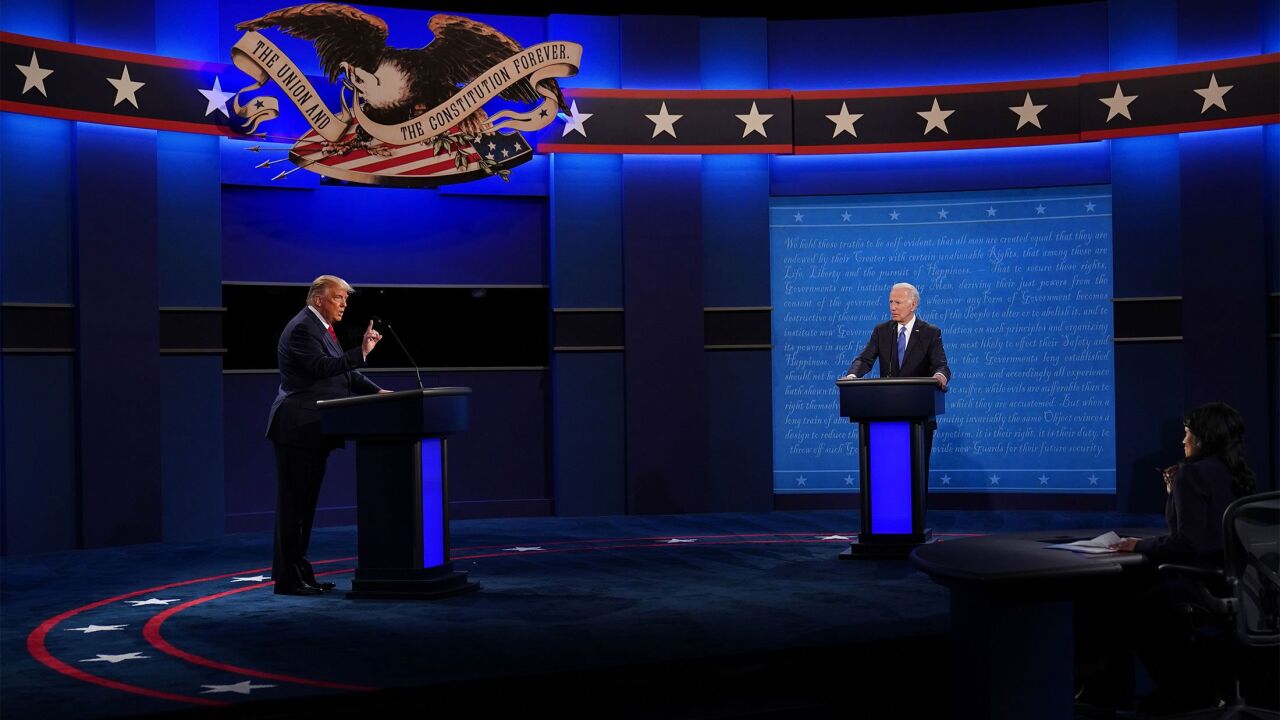Eighty-one percent of U.S. CEOs believe the current international tax system needs to be reformed, according to a new survey by PricewaterhouseCoopers,
PwC surveyed 162 U.S.-headquartered CEOs out of 1,344 global CEOs for a new paper,
“It is clear from these survey results that there is a strong interest among U.S. CEOs in reforming U.S. tax laws to promote economic growth and make the US more competitive,” said PwC US vice chairman and tax leader Mark Mendola in a statement.
Two-thirds of US CEOs (67 percent) ranked creating a more internationally competitive and efficient tax system first among three top government priorities. Ensuring financial sector stability and access to affordable capital ranked second (56 percent); and improving the country's infrastructure (51 percent) ranked third.
Nearly two-thirds of both U.S. CEOs and CEOs globally (65 percent and 63 percent, respectively) agreed that government tax policies and the competitiveness of local tax regimes are key factors in where they operate.
“U.S. companies face a challenging global marketplace that is highly competitive,” said Mendola. “U.S. government officials may be well advised to consider the risk to future job creation if US tax policies continue to be less pro-growth than those of our foreign counterparts.”
U.S. CEOs are concerned about the ability of elected officials in Washington to bridge their differences and enact meaningful tax reform legislation. Only 3 percent of U.S. CEOs said the government has been effective in creating a more internationally competitive and efficient tax system, compared to 21 percent globally.
More than 8 in 10 (81 percent) of U.S. CEOs, compared to 70 percent of CEOs globally, indicated they are concerned about rising tax rates. The U.S. already has the highest statutory corporate tax rate in the world.
U.S. CEOs are far more skeptical of the likelihood that sufficient consensus can be reached among members of the Organization for Economic Cooperation and Development and other multinational organizations to achieve substantial reform of the international tax system in the next couple of years than CEOs globally.
Only 7 percent of U.S. CEOs agreed this can be achieved, compared with 27 percent of CEOs globally. Just one-third (33 percent) of U.S. CEOs—in contrast to 59 percent of CEOs globally—said their companies should be required to publish the revenues, profits and tax paid for each territory in which they operate. Another 36 percent of U.S. CEOs disagreed with this statement and the remainder did not express a view.
Only 44 percent of U.S. CEOs agreed that tax authorities should freely share tax information around the world. This is less of concern for CEOs globally, with 58 percent agreeing that such information should be shared.
Regarding the last two points, Mendola explained, “The differing survey results on publishing financial and tax data may reflect the extent to which US companies have experience with disclosure—such as the Dodd-Frank rules and FIN 48—and the extent to which U.S. companies appear to have been the targets of other governments. U.S. CEOs may fear that overly broad disclosure of taxpayer information would lead to misinterpretation and increase the risk of double taxation. US CEOs may also be concerned that the sharing of tax information by tax authorities could result in disclosures of operational information that might benefit foreign competitors.”





